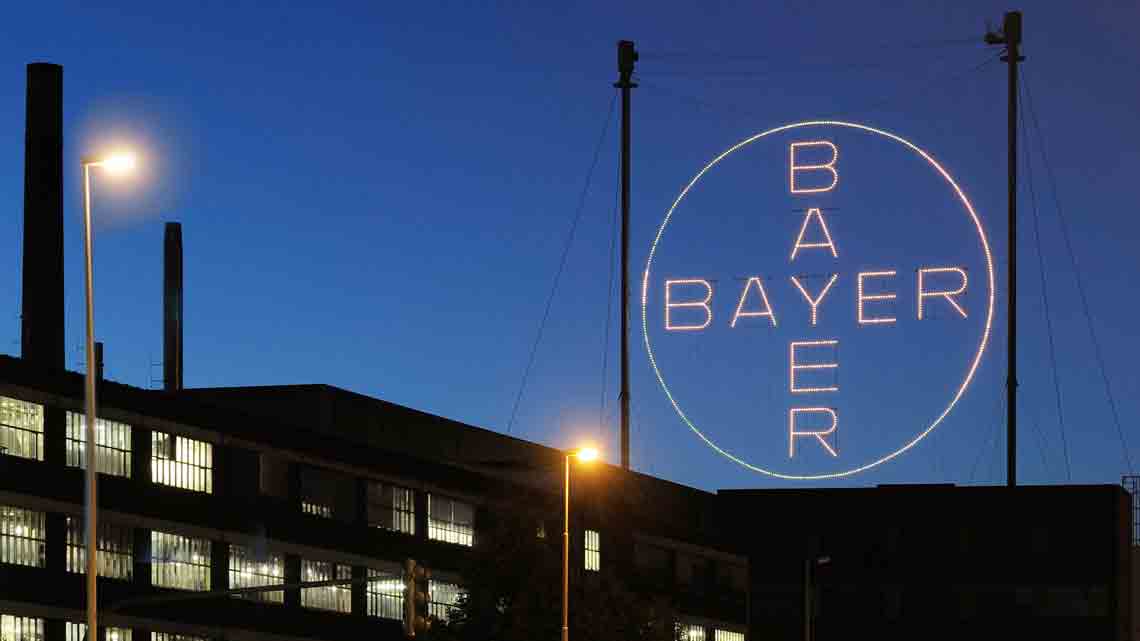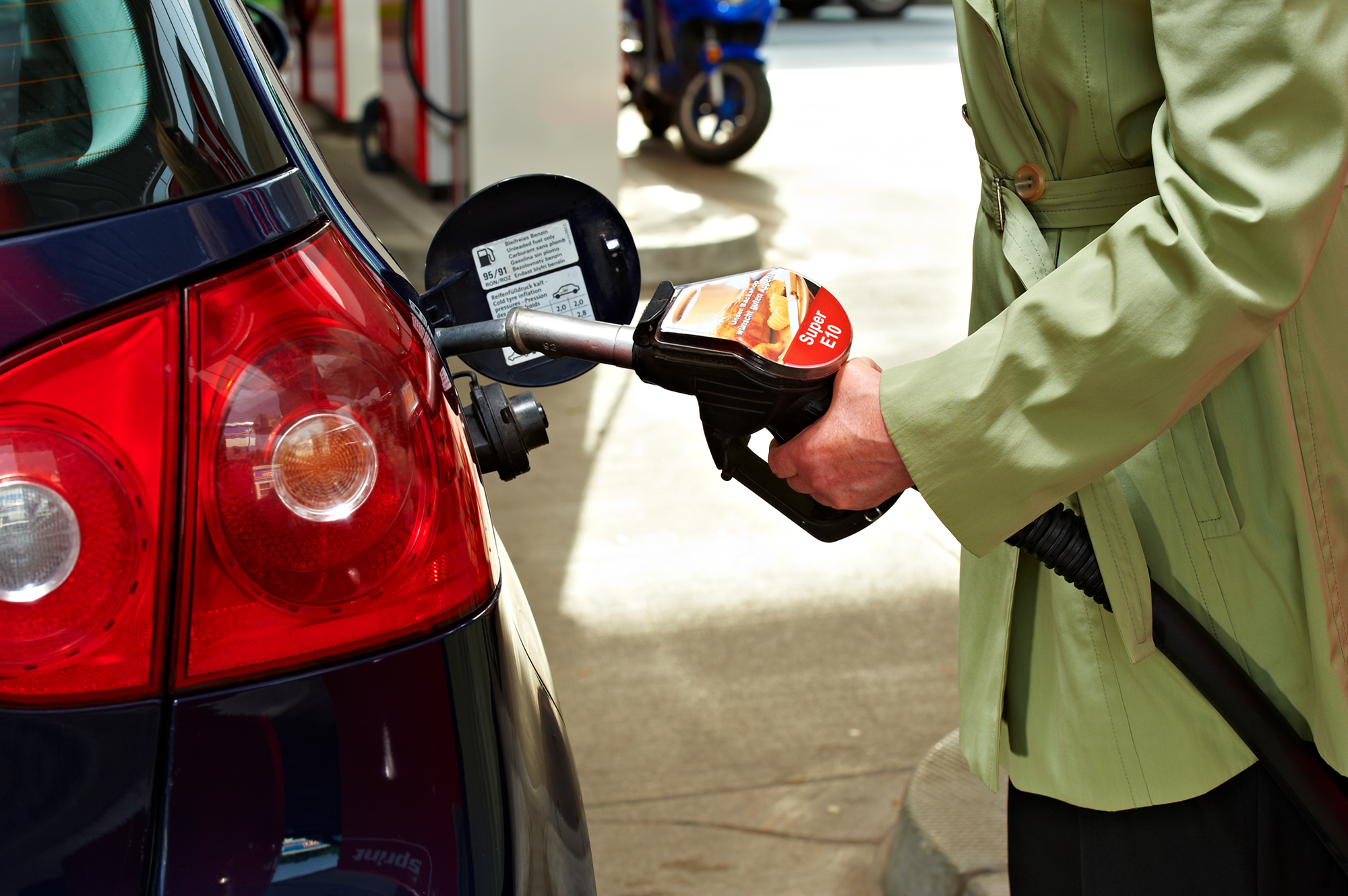Record acquisition: Bayer pounces
The time is finally upon us: Bayer AG has purchased Monsanto for 66 billion US dollars. The largest agrochemical corporation in the world will be created from this mega-deal.

This acquisition is the biggest of its kind by a German firm. Bayer's acquisition of Monsanto for 66 billion US dollars is now set to go ahead. The regulators have yet to approve the deal, however. According to the German chemical corporation, it is willing to pay 128 dollars per share, valuing Monsanto at 66 billion dollars. That works out at about 58.8 billion euros. Data from financial news agency Bloomberg indicate that this is the second-largest cash acquisition in world history.
Certain conditions need to be fulfilled before the deal can actually take effect. The EU Commission has already announced that it will undertake a thorough assessment of the acquisition. Other regulators will also have to approve the deal. The takeover is to be financed through credit. Various banks will provide Bayer a bridging loan of more than 57 billion dollars. The Germans have committed to paying the Americans a further 2 billion dollars should the acquisition be blocked by antitrust regulators.
Driving digitalization in farming
Acquisition talks have already been ongoing for the past four months since Bayer first announced that it wanted to take over the US corporation. Monsanto had previously declined all offers, however, which led to a high-stakes poker game. The Americans seem to have gotten lucky with their strategy: It led to an increase of 44% on the first offer.
Bayer and Monsanto’s merger, according to plans in Leverkusen, will involve consolidating platforms in seeds and crop traits, plant protection, biological agents and digital farming. This has resulted in a win-win situation for the Germans: Monsanto's strengths lie in seeds and the breeding of plants with particular traits. In return, Bayer offers an extensive crop protection portfolio. The merger would result in the newly created corporation becoming the world's biggest agrochemical conglomerate. The two companies would also complement each other geographically, according to Bayer. As recently as May, Bayer took over the start-up Proplanta, a spinoff from the University of Munster.
The Bayer team responsible for the deal emphasize how its established presence in North and South America could be expanded substantially and its position in Europe and Asia Pacific strengthened. "We've been impressed by Monsanto for a long time," Bayer CEO Werner Baumann justifies the move despite the storm of criticism faced by the Germans. The Americans' leading role in biotechnology and their use of digital farming technology were a major factor in making them attractive to the Germans as a company. The Leverkusen-based concern projects annual savings of around 1.5 billion dollars as early as three years into the merger.
US corporation under fire
This acquisition, however, means that the Germans are taking on the mantle of one of the most heavily criticized corporations in the world. The company markets the controversial herbicide glyphosate and has come under particularly heavy criticism from environmental organizations because of its use of GMO technologies.
Nevertheless, Bayer considers this to be a particularly lucrative deal. This is because, given the growing world population and the demand for more food, the supply of crop protection agents to farmers will likely continue to increase. Bayer estimates that the market for crop protection and seeds will be worth 120 billion euros by 2025, some 35 billion euros more than in 2015. Additionally, the two corporations have a combined R&D budget of 2.5 billion euros, emphasized Bayer. The corporation recently agreed a joint project with the Research Centre in Jülich to study roots.
Ultimately, the acquisition represents a proactive step on the part of the German company in order to avoid losing out in the mergers and takeovers free-for-all. The agrochemical market is currently experiencing a period of upheaval, and competitors are keeping an eye on things, too. American corporations Dupont and Dow-Chemical announced their merger at the end of 2015, and in turn the state-owned Chinese corporation Chemchina purchased Swiss firm Syngenta for 43 billion dollars. Experts predict that in the end only three providers will remain in the market, and the acquisition means that Bayer is well placed to be one of them.


